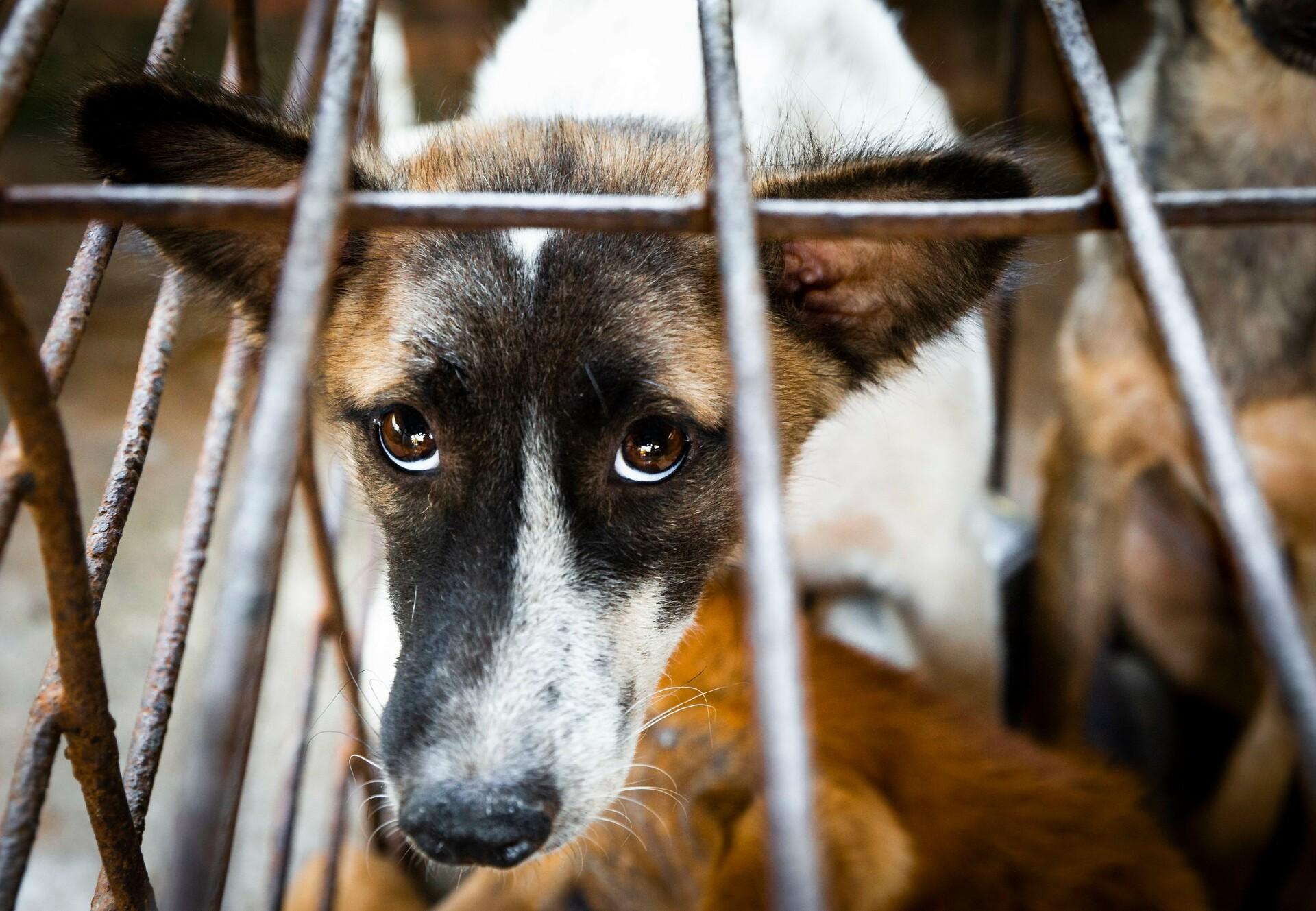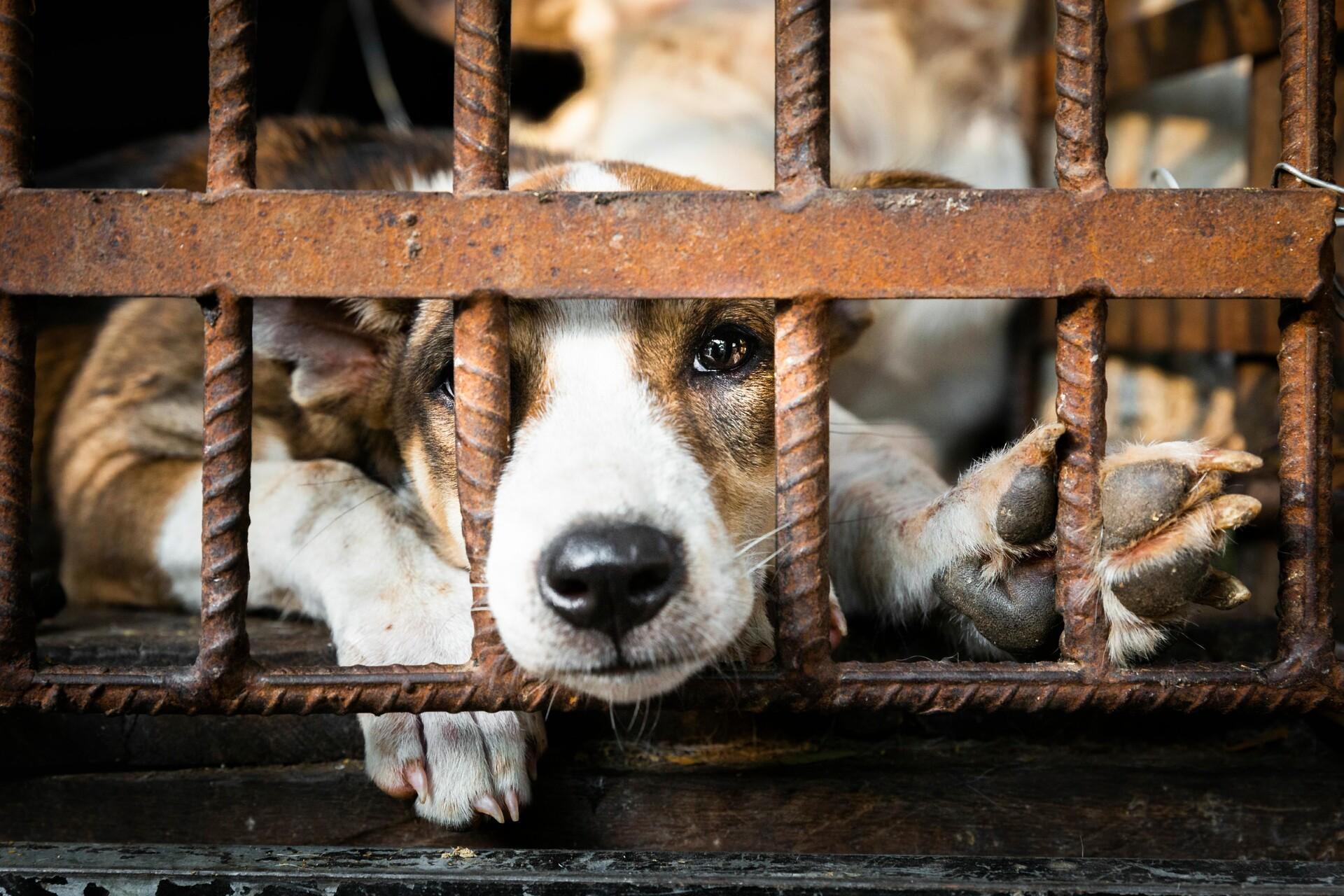
Taking the pledge to #ProtectMillions: The Different travel company
The voice behind the decision to take a stand against the dog and cat meat trade.
With travel and tourism an opportunity for globetrotters to become unwittingly exposed, or compliant in, the cruelty of the dog and cat meat trade, we have offered travel companies the opportunity to take the pledge to #ProtectMillions and inform their travelers of this horrible practice.
The Different Travel Company have recently taken said pledge, and our Head of Programmes, Emily Wilson, discussed the decision with their founder, Sarah Burgess, to see why they have joined the fight to end the dog and cat meat trade in Southeast Asia:

Can you tell us a bit about The Different Travel Company, and what makes you different from other tour operators?
"The Different Travel Company was founded in early 2005, just after the Asian Boxing Day tsunami and our very first groups departed just months later, on a mission to help those affected in Sri Lanka and Thailand repair their lives. Over the following year, we helped to build new homes and businesses, cleaned beaches, refurbished schools and brought important tourist income to destinations whose communities were struggling to make ends meet caused by the scarcity of visitors following the tragedy.
Fast forward to today and The Different Travel Company works with a wide range of charities, organisations, colleges, schools and groups to offer short-term build or project trips worldwide, classic charity challenges such as trekking the Great Wall of China or climbing Kilimanjaro, and also trips which combine a physical trek or challenge with making a practical difference at a project in the destination country. All our trips have a strong focus on travelling sustainably and responsibly, and we aim to leave a positive impact both on the destinations we visit and the clients who travel there."
What attracted you to working with FOUR PAWS and the campaign to end the dog and cat meat trade?
"We are a company of animal lovers and right from the start we have implemented policies to avoid the exploitation of animals on the countries we visit. This includes strict regulations in regard to any pack animals on our treks, encouraging clients to avoid taking animal-selfies, and liaising with our local in-country partners to adopt best-practice.
The particular issue of the dog and cat meat trade came to light on our treks in Northern Vietnam. We trek through some quite remote areas, and were passing through a market town where it was common to see dog carcasses hanging up for sale, alongside the chickens and goats. Whilst this in itself was upsetting, we had one group who were subject to much worse. Whilst sitting outside the homestay where they were spending the night, there was a sudden volley of squeals and they turned around to see a dog being slaughtered. As animal lovers, this was obviously a horrendous experience, and although we try to encourage travelling with an open mind, and to appreciate different cultures and traditions, this was something that could just not be tolerated by either our Tour Managers or our guides.
We addressed this issue with our local partners and from then on ensured that the villages we were staying at knew this was something we could not permit. We also try and avoid markets where the meat is sold, although this can prove more tricky so clients are forewarned.
We are very keen to do whatever we can to help end this horrific trade, both for the benefit of the animals concerned and also the health of the population."

Do you have animals yourself?
"Yes, a dog (who was adopted from Greece!). I have also had cats previously, but sadly not at the moment. Most of our team do have pets and we are all, without exception, animal lovers and enjoy our encounters with dogs and cats overseas!"
Do you think action can only happen in countries where the trade is strife? Such as Southeast Asia?
"I think it is something we can all assist with, by raising the profile and urging those we work with in these countries to realise the implications. It is important we are sensitive to local culture and traditions, and not to storm in with our idealistic Western views, and as such I think that the health implications of the trade are the most important thing to focus on."
Tourism accounts for a third of the GDP in countries like Cambodia - do you think the tourism industry will be able to influence an end to this trade?
"I’d like to think so! By raising awareness I would love to see other travel companies doing their bit, updating their in-country teams about the issue and the facts around a) the health aspects and b) the way this is perceived by tourists who make up a large percentage of their GDP."
What steps are you taking at The Different Travel Company to help support this FOUR PAWS campaign?
"Firstly we have signed the Four Paws Pledge! We are currently working on updating our contracting procedures to include information about the trade and urging our local partners to address the issue, but with their supplies and with the government and national tourist bodies. We are updating our Responsible Travel Policy to include information about the issue, and will be including some information for our clients in their trip documentation."
What would be your take-away message to people wanting to help end this cruel trade?
"It is important to highlight, and address, the reasons this happens and the health implications. It is all too easy just to turn a blind eye and think ‘it is part of their culture’, but this isn’t actually the case. If enough travel companies and tourists get behind Four Paws and supporting this cause, hopefully together we can make an impact."
Find Out Why the Pledge Is So Important, and Why We Must Act Now, Below:
Note: Any advertisements that may appear during the viewing of this video are unrelated to FOUR PAWS. We assume no liability for this content.


